Many thanks to SWLing Post contributor Fred Waterer, who writes:
“The History Guy” (a terrific YouTube channel) talks about the technical marvel of uniting the four radio networks and soldiers overseas via shortwave at Christmas 1942 and 1943.

Many thanks to SWLing Post contributor Fred Waterer, who writes:
“The History Guy” (a terrific YouTube channel) talks about the technical marvel of uniting the four radio networks and soldiers overseas via shortwave at Christmas 1942 and 1943.
by Dan Greenall
Attention all SWL’s! For those of you with a little extra free time over the holiday season, I would highly recommend having a look at two books that were written by a couple of very respected DXer’s from the past. They are both available on the Internet Archive and their respective links can be found below.
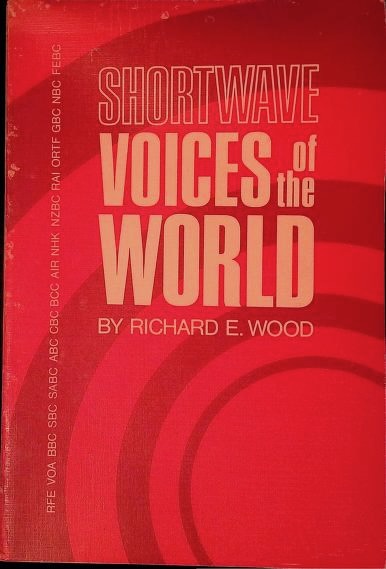 I have mentioned this one before, but in case you missed it, you will find it here.
I have mentioned this one before, but in case you missed it, you will find it here.
https://archive.org/details/shortwave-voices-of-the-world-richard-wood-ed-1-pr-1-1969
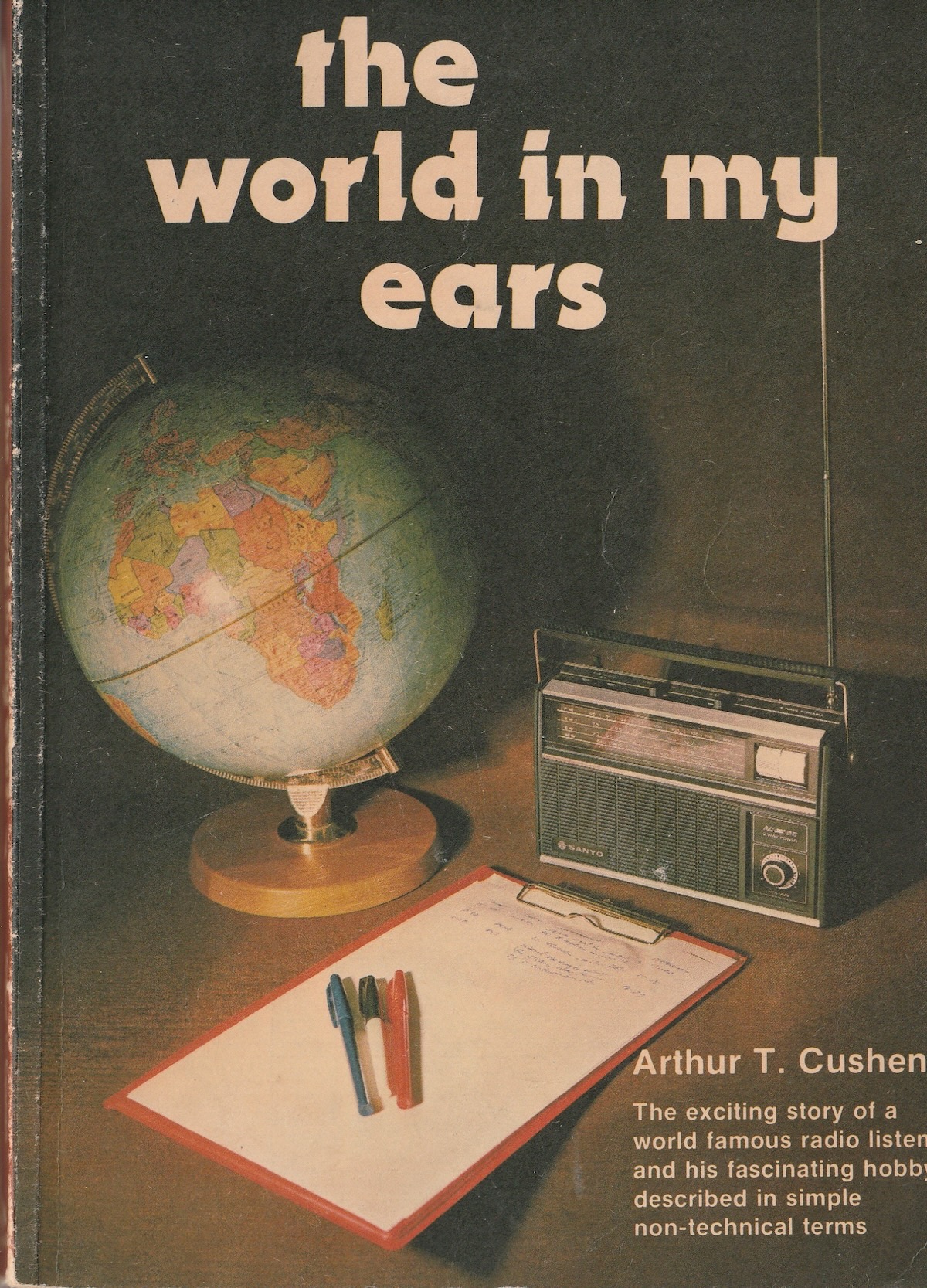 Newly uploaded, this one comes in two parts. Part One describes his early days and how his listening began, while Part 2 gets into the hobby in general.
Newly uploaded, this one comes in two parts. Part One describes his early days and how his listening began, while Part 2 gets into the hobby in general.
https://archive.org/details/the-world-in-my-ears-part-1/the%20world%20in%20my%20ears%20part%201/
Happy reading!
by Dan Greenall
Shades of the 1970’s. Commercial AM radio (in English) the way it used to be. Heavy on nostalgic music from the 1960’s to the 1990’s, plenty of good old style jingles, and of course, the LM chime every hour.
 Decades ago, the “LM” used to stand for Lourenco Marques Radio as the station was based in this city in Mozambique. Today, it is Lifetime Memories Radio, and broadcasts to Maputo and the surrounding area, where it can be heard on 87.8 FM. The station also broadcasts on 702 kHz medium wave from a transmitter near Johannesburg, South Africa, and can be heard worldwide via Kiwi SDR or online stream here https://lmradio.co.za/
Decades ago, the “LM” used to stand for Lourenco Marques Radio as the station was based in this city in Mozambique. Today, it is Lifetime Memories Radio, and broadcasts to Maputo and the surrounding area, where it can be heard on 87.8 FM. The station also broadcasts on 702 kHz medium wave from a transmitter near Johannesburg, South Africa, and can be heard worldwide via Kiwi SDR or online stream here https://lmradio.co.za/
In addition to the live stream, be sure to read about the rich history of the station that began in 1936. The station was shut down in 1975 when Mozambique gained independence, but has re-emerged in the 21st century. A visit to the LM Radio museum is well worth the trip. https://lmradio.co.mz/history/
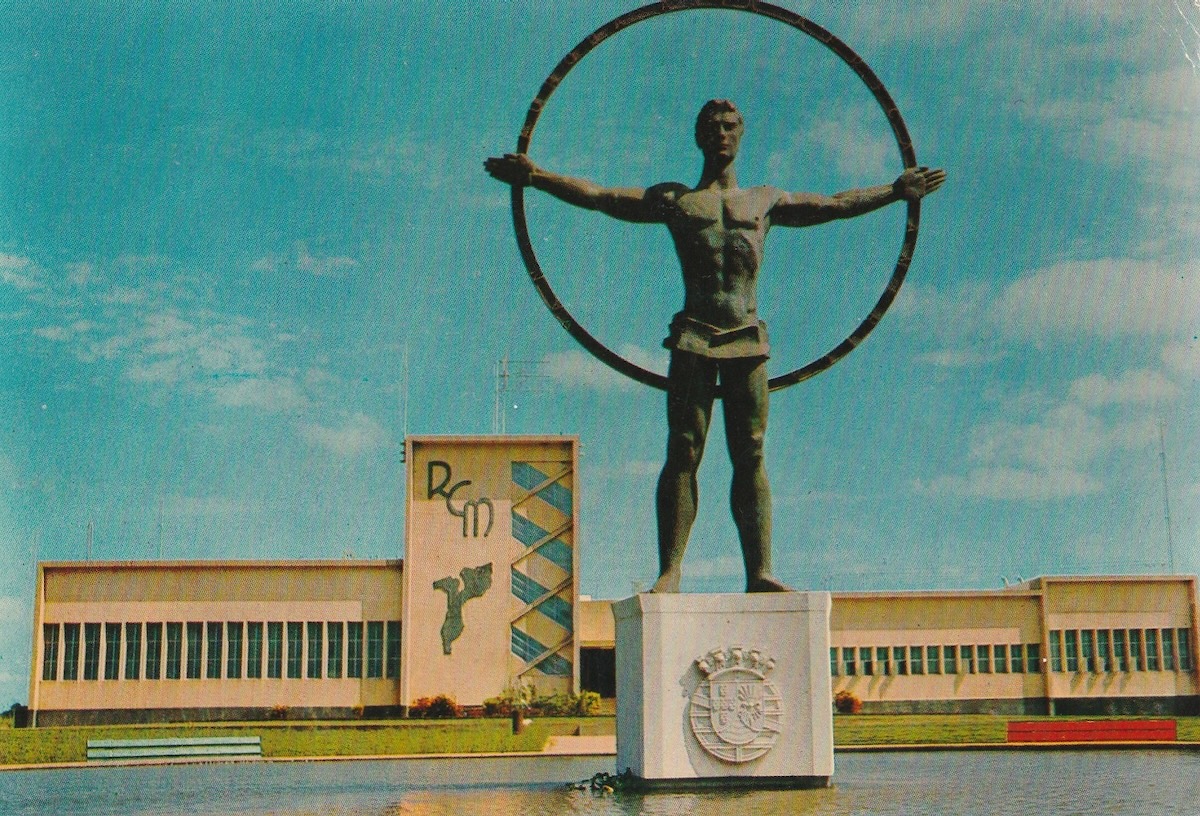
 In 1973, I was able to hear Radio Clube de Mocambique on 4855 kHz shortwave from here in Canada. If you listen closely, you can hear the LM chime.
In 1973, I was able to hear Radio Clube de Mocambique on 4855 kHz shortwave from here in Canada. If you listen closely, you can hear the LM chime.
Give them a listen, but first, check out these sample recordings made between November 27 and December 8, 2025, through a Kiwi SDR located near Johannesburg:
2025-11-27:
2025-11-28:
2025-11-28:
2025-11-29:
2025-12-04:
2025-12-08:
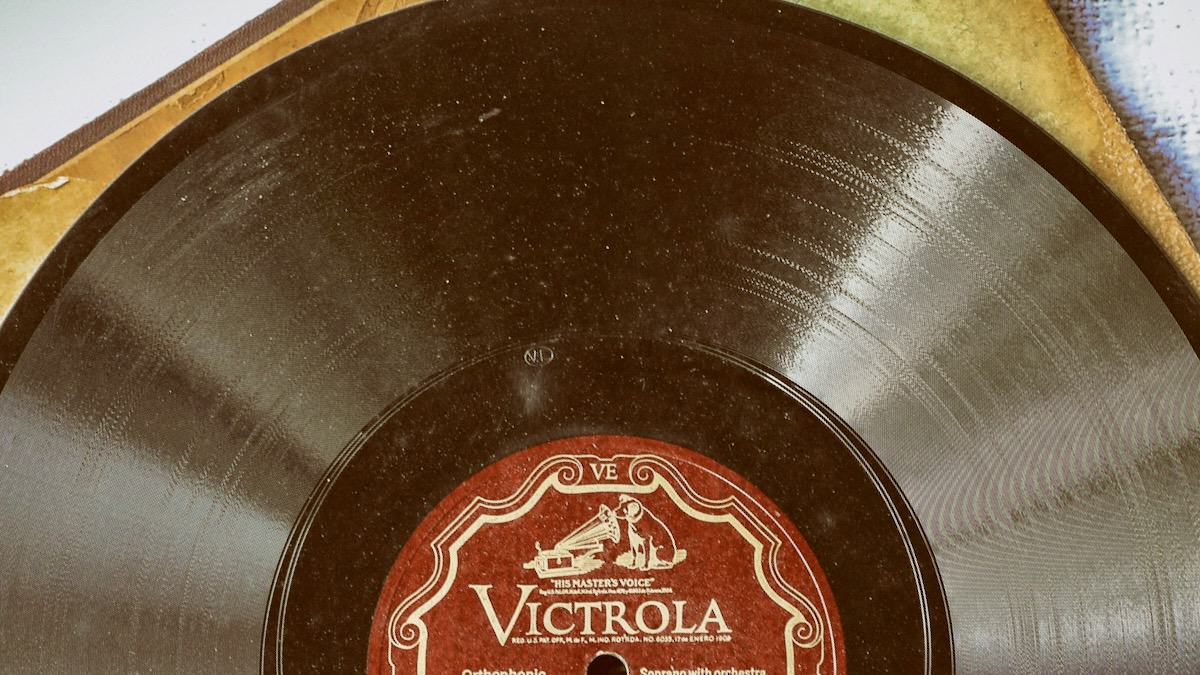 Many thanks to SWLing Post contributor Fred Waterer for sharing the following update from Marion’s Attic. Fred received notice of two upcoming holiday-themed episodes airing on WBCQ. Here’s the message he received:
Many thanks to SWLing Post contributor Fred Waterer for sharing the following update from Marion’s Attic. Fred received notice of two upcoming holiday-themed episodes airing on WBCQ. Here’s the message he received:
Hello Fred,
Marion’s Attic will be spinning upbeat, “Christmas Light”, 78 rpm Christmas records. T
hat will be show number 1,022, airs Sunday, December 14th, at 2200 UTC, on WBCQ 7.490 MHz.
The following Sunday, December 21st, we will be airing show number 980, featuring “Traditional” Christmas music, from the collection of phonograph expert, Baron von Knight.
Show 980 did not air last year, due to transmitter difficulties, and a web server glitch. We are pleased to air this fine program this Christmas season.
Lovingly,
Marion Webster
Marion’s Attic
WBCQ, the Planet
Many thanks to SWLing Post contributor Ian Millett, who writes:
On a recent visit to the New York Museum of Modern Art (MOMA), in the kids section of the Design Store, I spotted a retro boombox with AM, FM, and SW bands. MOMA sells the Snoopy-themed BX-85 Bluetooth Cassette Player Boombox, by Retrospekt, for $99 to non-members.
The cassette player’s door has a drawing of our favorite beagle Snoopy in his Joe Cool persona listening to a radio. Peanuts creator Charles Shulz drew a strip published on July 12, 1981, that has Snoopy listening to a “bark” show (sic) on a tabletop radio. We don’t know the coverage of that comic strip radio.
The bandspread on the Retrospekt boombox shows it covers Shortwave 8 to 16 MHz and FM 88 to 108 MHz. Interestingly, the bandspread shows AM coverage from 530 to 1600 kHz. Even the coverage is retro.
Ian Millett N3CVA
Baltimore, MD
Many thanks to SWLing Post contributor Paul, who writes:
Hi Thomas, while watching this documentary from the BBC telling how people Northern Ireland survived the Blitz in World War 2. I spotted this glitch. The picture is from a scene when Prime Minister Neville Chamberlain declared war on Germany.
It will be noted that the radio’s dial has an FM band. FM broadcasting commenced in the UK in 1955.
Cheers
Paul
Christchurch,
New Zealand
You’ve a keen eye for detail, Paul. Thanks for sharing.
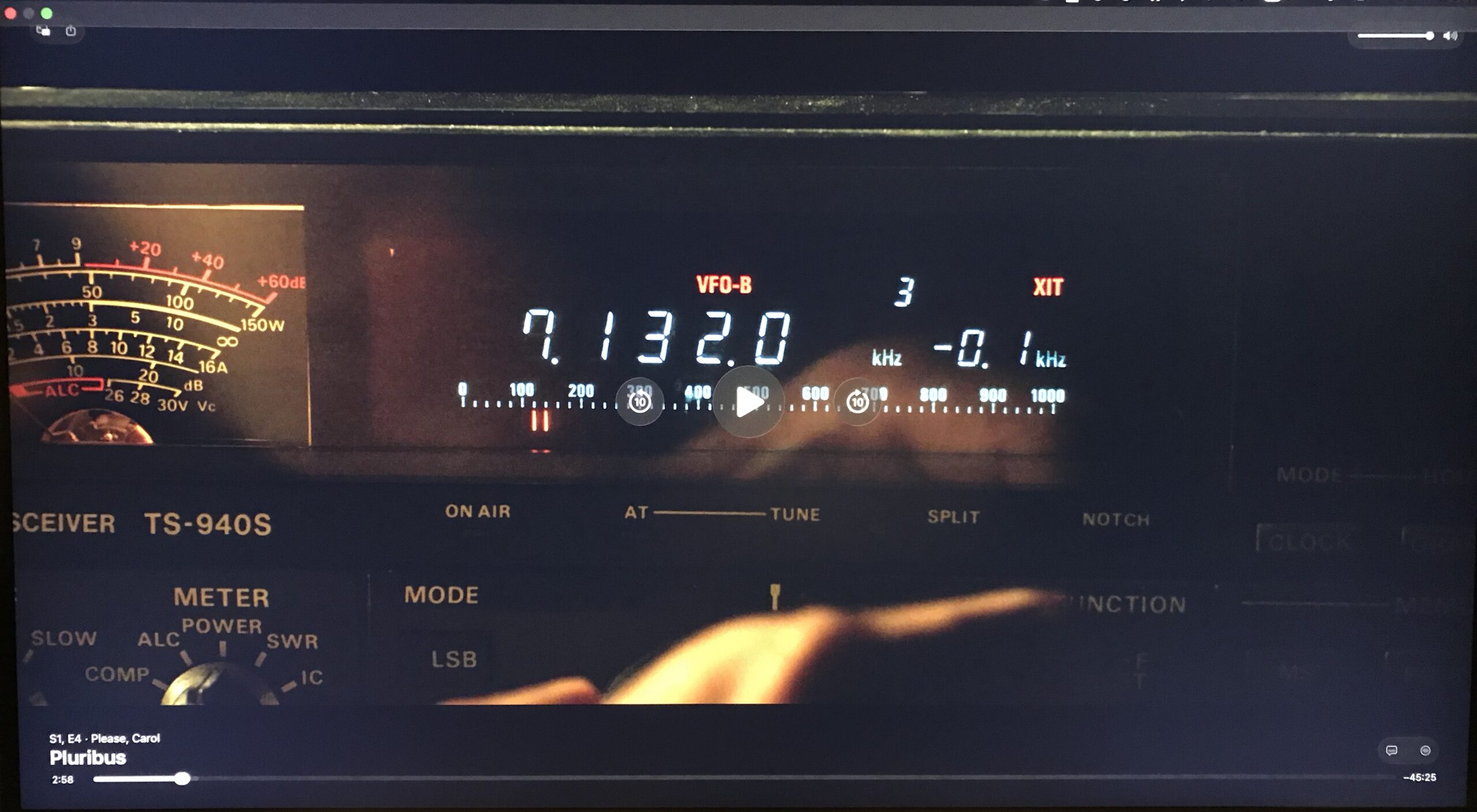 Many thanks to SWLing Post contributor Mark Hirst, who writes:
Many thanks to SWLing Post contributor Mark Hirst, who writes:
Thomas,
Episode 4 of Pluribus dropped today (November 21).
It opens with a radio operator methodically tuning across the amateur bands listening for a signal.
Mark
Wow! I’ve been watching Pluribus and wondered how I missed this shot, only to realize that episode 4 just dropped! Thank you for sharing this, Mark. I’m excited to watch it later today.